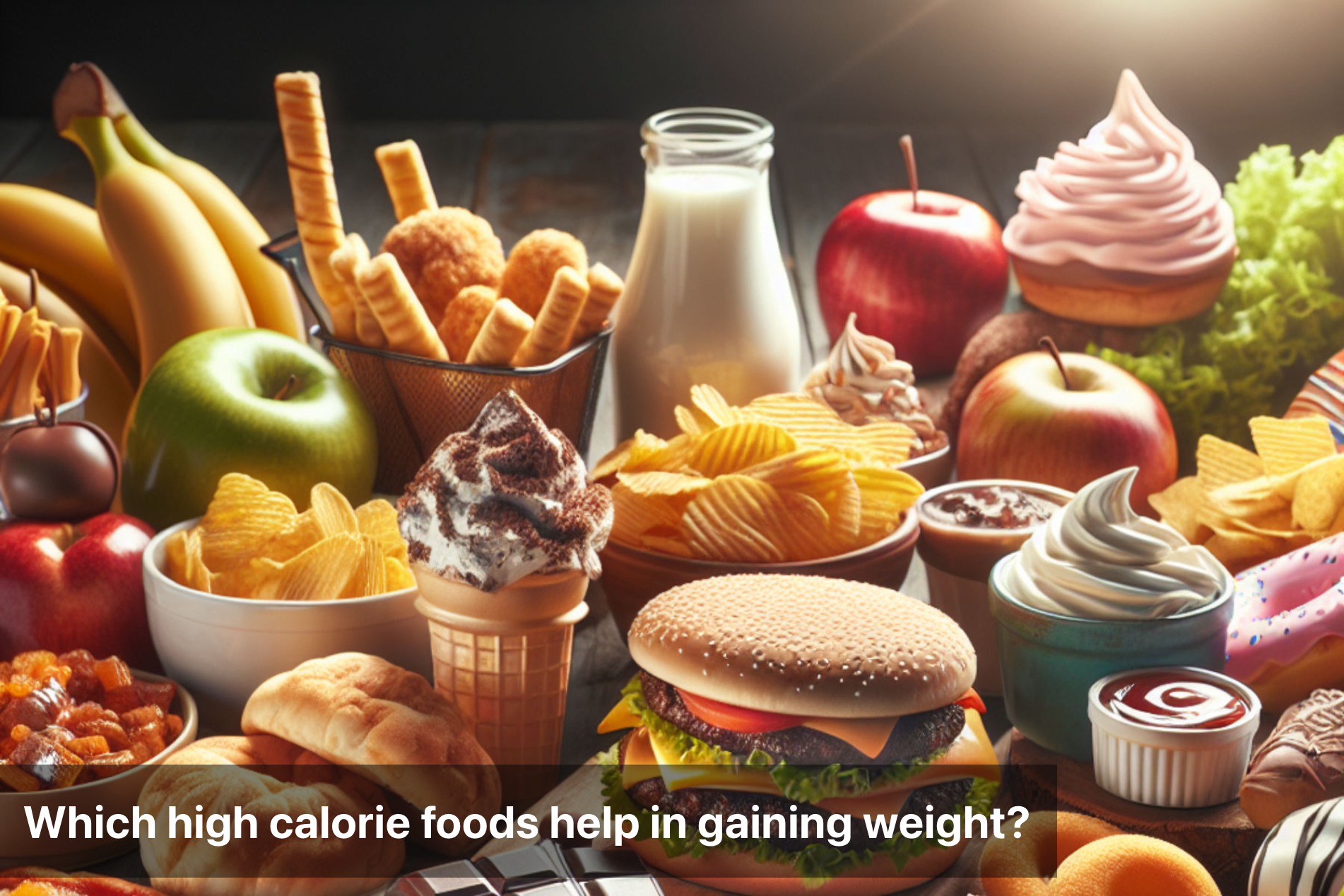
Which high calorie foods help in gaining weight?
High-calorie foods play a crucial role in the journey of gaining weight. When it comes to weight gain, the primary factor to consider is achieving a calorie surplus. This means you need to consume more calories than your body burns in a day. By doing so, you create an environment conducive to muscle growth and fat accumulation.
Incorporating high-calorie foods into your diet can help meet this demand. Foods rich in calories can be found across various categories, including dairy, nuts, grains, and oils. These energy-dense options not only provide the necessary calories but also supply essential nutrients when chosen wisely.
Remember, not all calories are created equal. Opting for nutrient-dense options can help ensure that your calories contribute positively to your health while aiding your weight gain efforts. Understanding this relationship sets the foundation for a successful dietary strategy focused on gaining weight healthily.

Understanding Caloric Needs for Weight Gain
Here are the key points for Understanding Caloric Needs for Weight Gain:
-
Caloric Surplus:
-
To gain weight, you need to consume more calories than your body burns (a caloric surplus).
-
Aim for a surplus of about 300–500 calories per day for gradual and healthy weight gain.
-
-
Daily Caloric Requirement:
-
Caloric needs vary based on age, gender, activity level, and metabolism.
-
Use tools like the Total Daily Energy Expenditure (TDEE) calculator to estimate your maintenance calories.
-
-
Macronutrient Balance:
-
Focus on a balanced intake of macronutrients: protein (to build muscle), healthy fats (for energy and hormone production), and carbohydrates (for energy).
-
A common ratio for weight gain is 40% carbs, 30% protein, and 30% fats.
-
-
Meal Frequency:
-
Eating multiple meals throughout the day (e.g., 5-6 smaller meals) can help increase overall caloric intake.
-
Include calorie-dense foods like nuts, seeds, avocados, and lean meats.
-
-
Quality Over Quantity:
-
Focus on nutrient-dense, whole foods rather than empty-calorie processed foods.
-
Include foods rich in vitamins and minerals to support overall health.
-
-
Hydration:
-
Staying hydrated is essential, as water helps with digestion and nutrient absorption.
-
However, avoid excessive sugary drinks, as they may contribute to unhealthy fat gain.
-
y understanding these principles, one can effectively plan for weight gain by ensuring a balanced, sustainable caloric surplus that supports muscle growth and overall health.
List of High-Calorie Foods to Gain Weight
When it comes to gaining weight, incorporating high-calorie foods into your diet is essential. Here’s a list of foods you can consider, categorized for your convenience:
1.Dairy
-
Whole Milk: Approximately 150 calories per cup. Use it in smoothies or serve with cereal.
-
Greek Yogurt: Around 220 calories per serving. Add it to your breakfast by mixing in nuts and honey.
2. Nuts and Seeds
-
Almonds: About 160 calories per ounce. Snack on them or sprinkle them on salads.
-
Chia Seeds: Roughly 138 calories per ounce. Mix into smoothies or puddings for texture and nutrition.
3. Grains
-
Quinoa: Contains about 222 calories per cup (cooked). Use it as a base for salads or grain bowls.
-
Brown Rice: About 215 calories per cup (cooked). Pair with protein and vegetables for a balanced meal.
4. Oils
-
Olive Oil: Approximately 119 calories per tablespoon. Drizzle over salads or use for cooking to add healthy fats.
-
Coconut Oil: Around 117 calories per tablespoon. Great for baking or sautéing.
Incorporating these foods into your daily meals can significantly assist in achieving your weight gain goals. Make sure to combine different food groups for balanced nutrition.
Healthy High-Calorie Foods vs. Junk Foods
When it comes to gaining weight, it's essential to understand the difference between healthy high-calorie foods and junk foods. Here are main differences between them:
|
Category |
Healthy High-Calorie Foods |
Junk Foods |
|---|---|---|
|
Nutrient Density |
Rich in essential nutrients like vitamins, minerals, and fiber. |
High in empty calories, lacking essential nutrients. |
|
Examples |
Avocados, nuts, seeds, whole grains, lean meats, eggs. |
Potato chips, sugary snacks, fast food, sodas. |
|
Fats |
Healthy fats (monounsaturated, polyunsaturated), omega-3s. |
Unhealthy fats (trans fats, saturated fats). |
|
Protein Content |
High-quality protein (from nuts, seeds, lean meats, dairy). |
Low or no protein content. |
|
Carbohydrate Quality |
Complex carbohydrates (whole grains, sweet potatoes). |
Refined carbohydrates (white bread, sugary treats). |
|
Impact on Health |
Supports muscle gain, heart health, and overall well-being. |
Contributes to weight gain, heart disease, and inflammation. |
|
Digestibility |
Easily digestible and absorbed due to nutrient density. |
Difficult to digest, often leading to bloating or sluggishness. |
By incorporating a variety of quality calories into your diet, you can ensure you're not only increasing your weight but doing so in a way that supports your overall wellbeing. It's all about making informed choices to achieve your weight gain goals healthily.

The Best High-Calorie Foods for a Weight Gain Diet
Selecting the appropriate high-calorie foods for weight gain is essential for achieving your dietary goals in a healthy manner. We've explored the critical relationship between calorie surplus and weight gain. Understanding your caloric needs is the first step in this journey, as they can vary significantly depending on factors like activity level and metabolism.
We've also provided a comprehensive list of high-calorie foods to gain weight, organized by food groups. Incorporating these foods into your meals can enhance your caloric intake, but it's vital to choose options that are nutrient-dense rather than relying solely on empty calories.
Always remember, balance is key. While it's tempting to indulge in high-calorie treats, prioritize whole foods that provide the nutrients your body needs. By making informed choices, you can achieve your weight gain goals without compromising your overall health. Strive for a well-rounded diet that supports both your physical and nutritional needs.
This Blog post is an initiative by Lo! Foods, to provide accurate and Nutritionist / Doctor approved information related to Health. Lo! Foods is India's leading brand for Everyday Functional Foods. Foods designed for specific Health conditions or Needs. Lo! Foods also runs India's largest range of Low Carb Healthy Cloud Kitchens, under the brand names of Lo!, ProteinChef, ATH (All Things Healthy) and DiabeSmart.











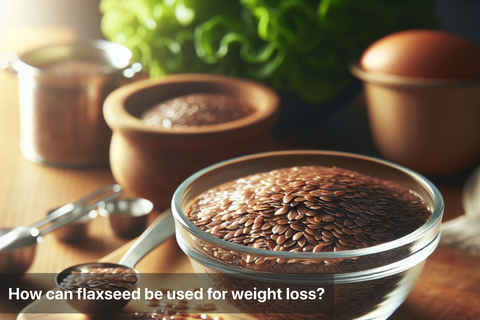
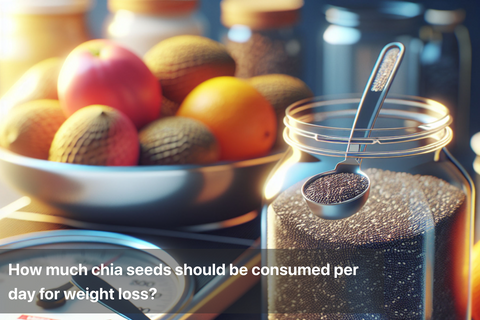
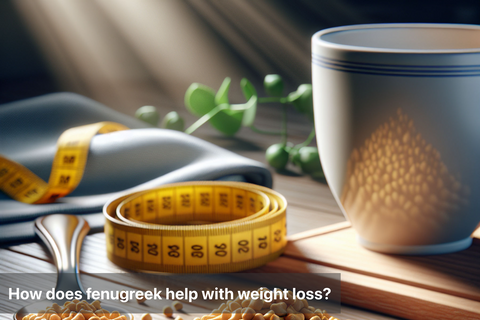
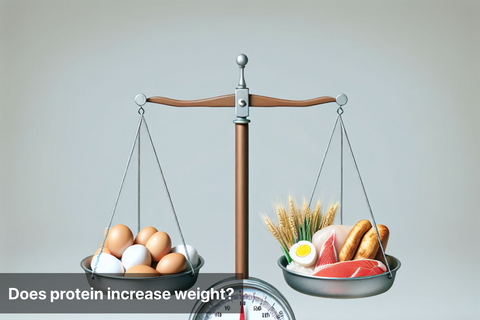
Leave a comment
Your email address will not be published.